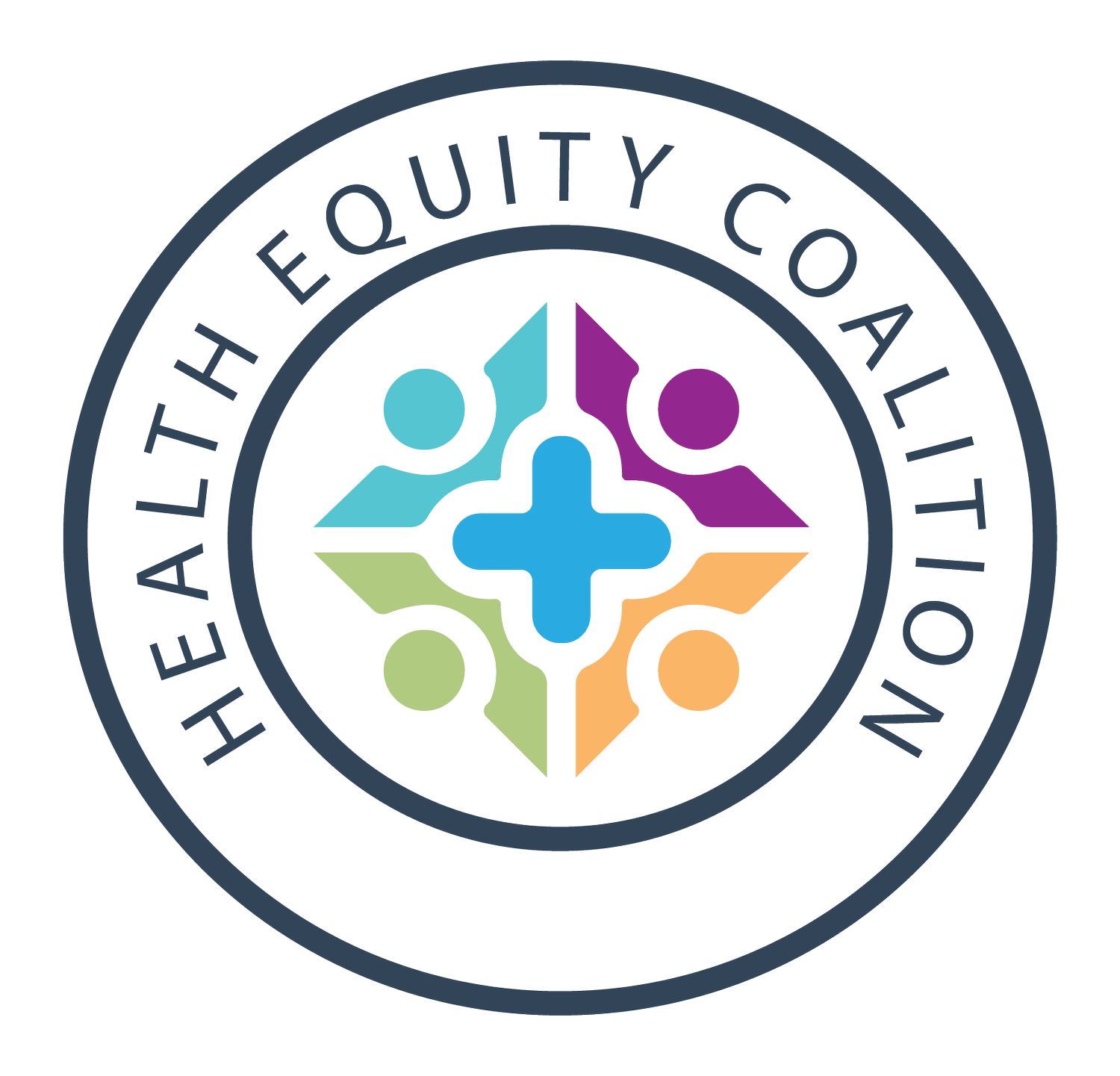Our History
HEC didn’t set out to be an organization. In the beginning it was a movement – a movement aimed at defending the people of WNC from becoming just a profit center for HCA. When Mission Health System announced in 2018 that it planned to sell its six hospitals to the nation’s largest for-profit chain, people and groups across the region scrambled to respond.
Over the weeks, they connected with each other. They began to share information and craft strategy. They contacted Attorney General Josh Stein, who had some power to shape the deal. They talked to the board members at Mission who were negotiating with HCA. They used every means they could think of to alert the public to the dangers inherent in the switch from a nonprofit hospital system to one bound by law to enrich its shareholders.
In the end, the sale went through. But Stein insisted that HCA agree to some of the things the coalition had demanded: keeping all the hospitals open for at least 10 years; maintaining the core services that existed at the time of the sale; submitting itself to the scrutiny of an independent monitor who would gauge whether it was meeting its commitments.
The sale changed the landscape of WNC in more ways than one. It created a new foundation, Dogwood Health Trust, with the $1.5 billion HCA paid for the hospitals. Dogwood was created to improve the social and economic conditions across the region that can either support or undermine people’s health.
The foundation held immense promise, but there was also cause for alarm. At first, nearly all the board members were prominent White people from Buncombe County, far removed from the realities Dogwood was supposed to address.
HEC insisted, with success, that the board be made more diverse, geographically as well as racially and ethnically.
From there, we’ve undergone a natural – if not always linear – evolution, looking for ways to support the work of community-based leaders and magnify their influence. Along the way, we’ve met amazing people doing amazing work. We’re still not crazy about being an organization, but if it means we can put just a little wind in the sails of the people who are making a difference on the ground, it’s well worth it.
Our Board Members
-
she/her
“For individuals to be truly healthy and live long and productive lives, every person needs to have a voice, equity and dignity. Health Equity Coalition WNC is dedicated to giving voice so people can share collective impact in WNC.”
Kathey Avery is founder and CEO of the Institute for Preventive Healthcare and Advocacy, which is dedicated to raising awareness about, and helping in the prevention of, chronic diseases and preventable cancers. During her more than 30 years as a nurse in the Mission Health System, she was instrumental in helping form the hospital’s first Diversity Committee and served on the committee until 2011. She also served as a co-chair of Building Bridges, a 25-year-old program designed to address racism. For more than a decade, she provided nursing services through the Asheville Buncombe Institute for Parity Achievement, a nonprofit dedicated to eliminating health disparities.
-
she/her
“Disparities in health and longevity are the crux of inequity in the 21st century. Solutions exist – not in the halls of power and privilege, but in spaces where marginalized people come together to share their wisdom and claim their agency. “
Victoria Hicks is a founding member of both HEC and SEARCH (Sustaining Essential and Rural Community Healthcare), which were instrumental in the effort to protect the public interest when the Mission Health System was sold to HCA. She remains active in the fight to hold HCA accountable for quality of care, representing HEC on the steering committee of Reclaim Mission. She also helped lay the groundwork for the emerging Health Equity Network, a vehicle for community-based organizations to discover support and achieve collective impact. Victoria is a retired journalist.
-
she/her
Jennifer Langton is Director of Organizational Grantmaking & Philanthropic Partnerships at the Tzedek Social Justice Fund. She is passionate in applying principles of trust-based philanthropy to her work and in advocating for more equitable systems within philanthropy. Jennifer is engaged in funder collaboratives and is a board member of the Movement Advancement Project, the national LGBTQ think-tank and advocacy organization. She lives with her long-time partner in Asheville, NC, and finds joy in music, food, and the outdoors.
-
he/him
“I know our region is capable of providing quality healthcare and economic prosperity to all our people, both rural and urban, regardless of race, identity, or economic status.”
Alan McGregor spent his entire career in pursuit of equity through rural philanthropy and asset-based rural development. For decades, he has been a leading proponent of the notion that rural people can shape their own destinies through community-led philanthropy, In 1980 he founded the Fund for Southern Communities, serving for 7 years as its executive director. In the following years, the pursuit of racial and economic justice led him to leadership roles at the Sapelo Foundation, the Southern Rural Development Initiative (which he co-founded) and the U. S. Endowment for Forestry and Communities.
-
she/her
“As folks at the Ford Foundation say: ‘Generosity is focused on helping someone in need; justice is about solving the problems that created the need. … It’s time to dedicate more resources to the fight for justice.’ I want to apply that lens to philanthropy in our mountain home.”
Deborah Miles founded what became the UNC Asheville Center for Diversity Education and served as its director for nearly a quarter century. During her tenure, each year the center presented workshops, trainings and exhibitions about inclusion and equity to more than 25,000 students, teachers, and citizens throughout Western North Carolina. The center's work also included the development of the WNC Diversity Engagement Coalition which continues to bring DEI practitioners together for peer based learning.
-
she/her
“I believe good health is a right of us all, not a privilege for a few. Creative philanthropy can help to make good health for all a reality.”
June Smith is retired from her post as executive director of the Region A Partnership for Children, which serves the seven westernmost counties in North Carolina. Her tenure at the agency encompassed the 1994 rollout of the Smart Start early childhood program, a comprehensive birth-to-5 initiative designed to provide every child in North Carolina access to affordable, quality early childhood education.






